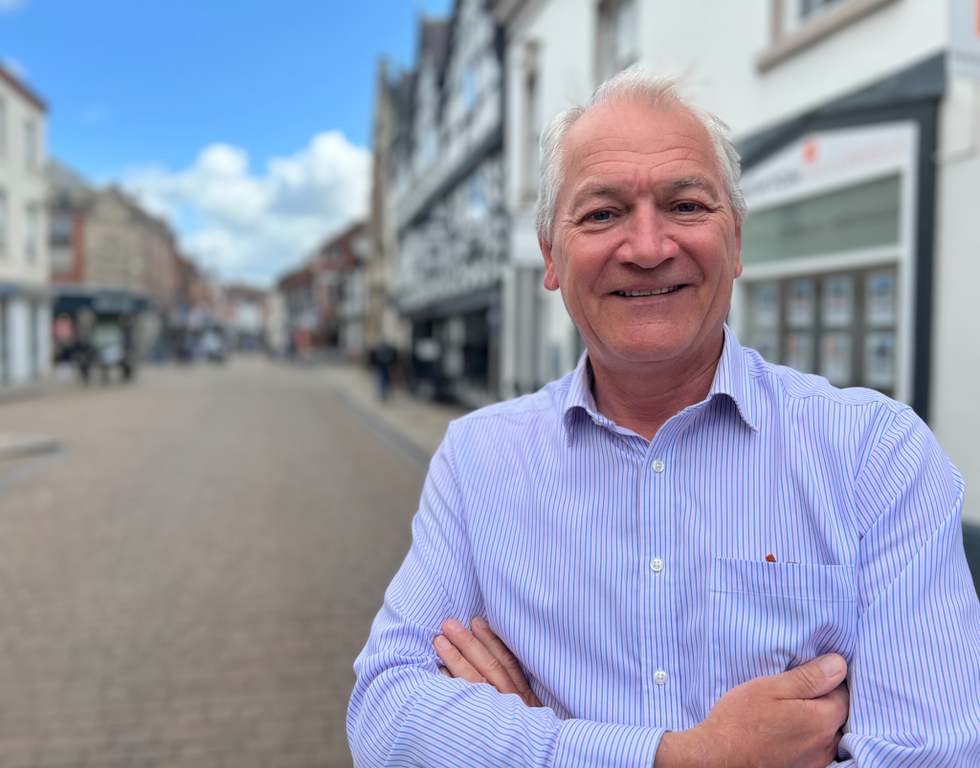On 30 October, Chancellor of the Exchequer Rachel Reeves will deliver the Autumn Budget. Bira CEO Andrew Goodacre shares his thoughts on what independent retailers need and expect from this crucial fiscal announcement
With a new government at the helm, there's cautious optimism about fresh approaches to long-standing issues affecting our high streets. However, the challenges facing independent retailers remain formidable.
The Autumn Statement can have far-reaching implications for our sector. We're calling on the Chancellor to deliver certainty, clarity, and stability for independent traders – elements that have been in short supply recently.
A primary concern is business rates. For years, Bira has lobbied for a comprehensive review of this outdated system. Reducing business rates for all high streets would inject much-needed confidence and stability back into bricks-and-mortar retail, revitalising our town centres and communities.
Energy costs continue to be a burden for many of our members. While we welcomed previous support measures, we need a long-term strategy that addresses the unique needs of small businesses. We're hoping to see targeted support for those most affected, coupled with incentives for energy efficiency improvements.
The labour market presents another challenge. Many retailers are struggling with recruitment and retention. We're looking for measures that support skills development and make it easier for small businesses to invest in their workforce, including enhancements to apprenticeship schemes or tax incentives for training programmes.
Consumer confidence is crucial to our sector's success. We're hoping for policies that put more money in people's pockets, encouraging spending on our high streets. This could involve adjustments to income tax or National Insurance contributions.
We need policies that recognise and support the unique value of independent retail. This could include funding for high street regeneration projects, support for local business communities and “shop local" campaigns.
While many independents have made great strides in digital transformation, more support is needed – measures to help smaller retailers enhance their online presence and integrate digital technologies into their operations.
Sustainability: many of our members are keen to adopt environmentally friendly practices but find the initial costs prohibitive. Incentives or grants in this area could help accelerate the sector's green transition.

It's clear that the decisions made in the Autumn Statement will have a profound impact on the future of independent retail. At Bira, we remain committed to being a strong voice for our members, ensuring that the unique challenges and opportunities of our sector are understood and addressed at the highest levels of government.
Independent retailers are the backbone of our high streets and local communities. They bring diversity, character, and personal service that can't be replicated by large chains or online giants. As such, supporting them isn't just good economic policy – it's essential for maintaining the vibrancy and uniqueness of our towns and cities.
We look forward to analysing the Autumn Statement. Our sector's resilience has been tested time and again, but with the right support, I'm confident that we can not just survive, but thrive in the years to come.





